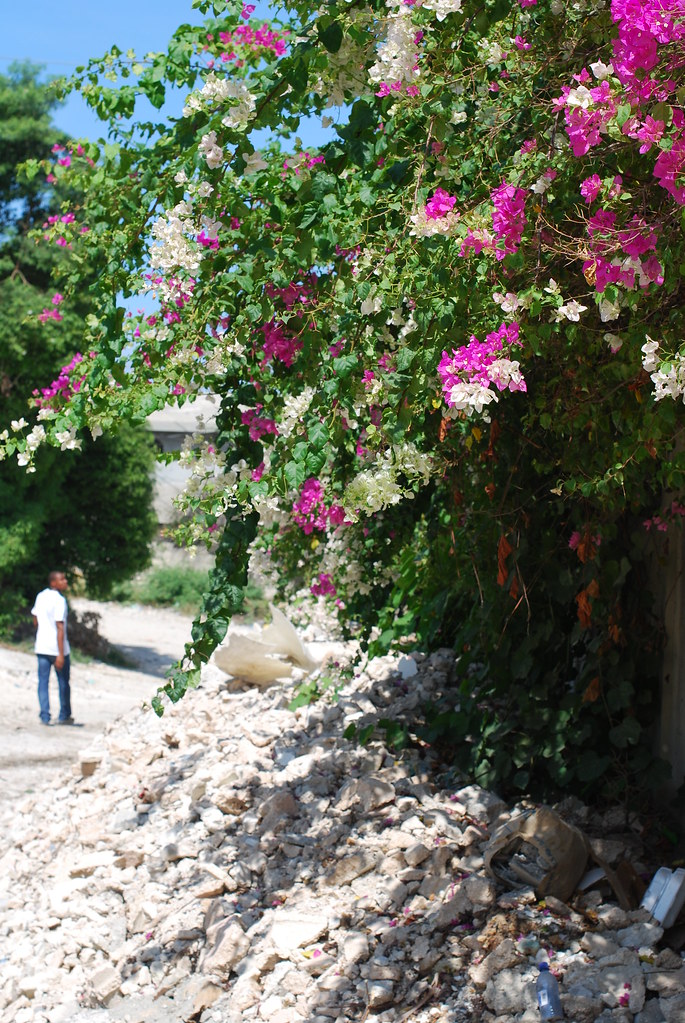The Memory Box
The digitization of oral histories of the 2010 earthquake in Haiti and its aftermath.

Port-au-Prince (Siri BL, via Flickr CC).
Thus far in this series, I haven’t really featured any digital oral history projects, which is a shame since there are so many great collections available. For historians and anthropologists alike, spoken testimonies represent a central source for understanding African Diasporan pasts and presents. While the written word provides information and context, the spoken word also provides information in addition to the personal connections that bring scholarship to life. Digital oral history collections provide unprecedented access to these testimonies, serving as key repositories for use in both pedagogy and scholarship. The testimonies to be found in collections like these open up a realm of possibilities for bringing first-hand experiences and memories to any computer or mobile device around the world.
This week’s featured digital oral history collection is the Haiti Memory Project. This project is a selection of 25 interviews (from a much larger collection available here) focused on the 2010 earthquake in Haiti and life on the island following the devastation. These interviews were collected by Claire Antone Payton, a PhD student in History at Duke University, in Port-au-Prince in summer/fall 2010. Payton partnered with Doug Boyd of the Louie B. Nunn Center at the University of Kentucky to make these oral histories available to the public. The Nunn Center is “a leader and innovator in the collection and preservation of oral histories.” In addition to providing access to over 9,000 oral histories via their website, the Nunn Center has also developed a web-based Oral History Metadata Synchronizer (OHMS) to enhance access to oral histories online, combining time-correlated transcripts with search capability and indexing. OHMS is available for download here. Though OHMS has yet to be applied to all of the interviews featured on this site, you can access these interviews and others like them in the Nunn Center catalog.
The featured interviews range in length from 20 minutes to nearly two hours and were mostly conducted in Creole. There are some interviews in English, like this one by Claude Adolphe or parts of this one with Marc Antoine Noel, but the majority of the content is in Kreyol or French. The majority of the interviews are presented in their full format, without translation. But there are also a select number of them which include transcriptions of the original interview and their translation into English. You can read translations of interviews with Fluery Pleusimond on the earthquake, Francoise Erylne‘s story of survival, an account of the earthquake from Chrispain Mondesir, and another anonymous account of the earthquake. There is also a helpful collection of links to other digital resources on Haiti.
You can follow the Haiti Memory Project on Twitter: @HaitiMemory. Explore more collections from the Nunn Center here (including this project focusing on African Immigrants in Kentucky). You can also follow the Nunn Center on Twitter and Facebook. As always, feel free to send me suggestions via Twitter (or use the hashtag #DigitalArchiveAIAC) of sites you might like to see covered in future editions of The Digital Archive!



















